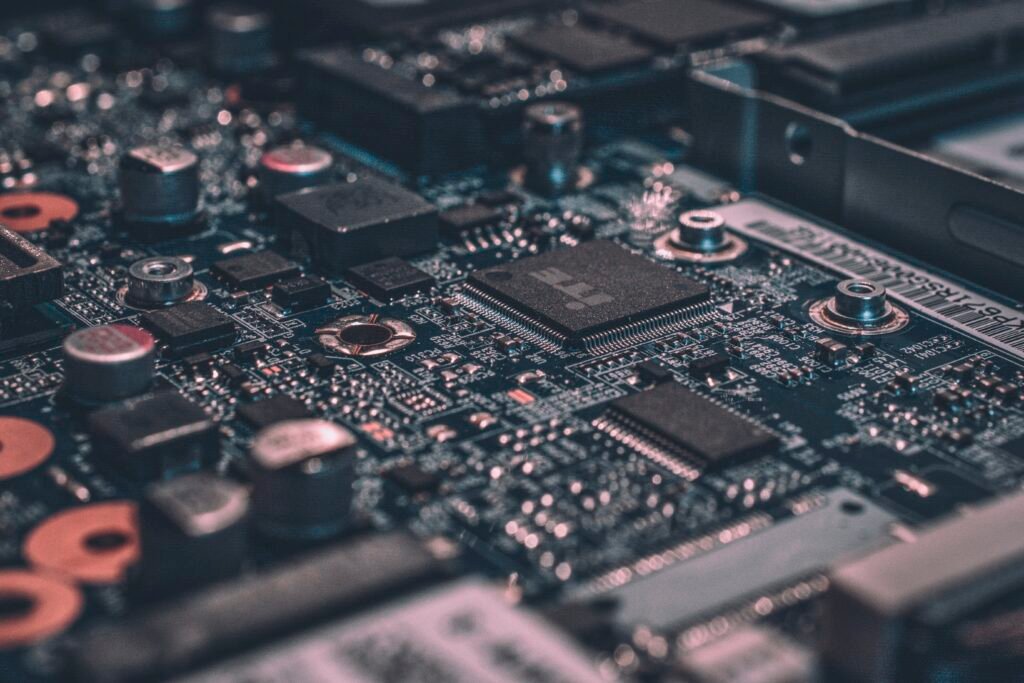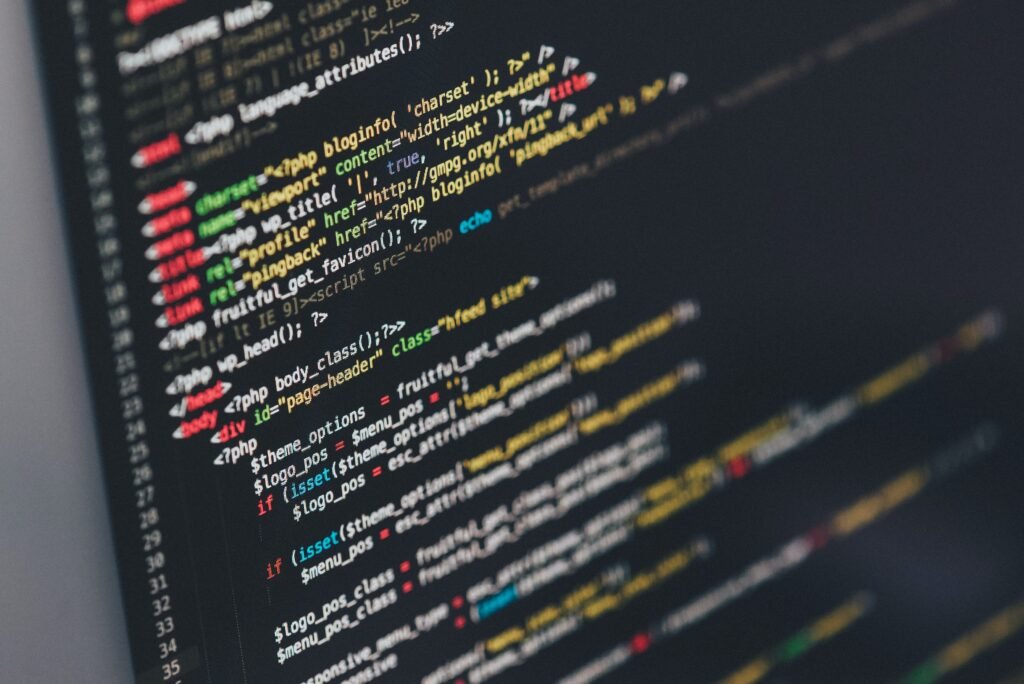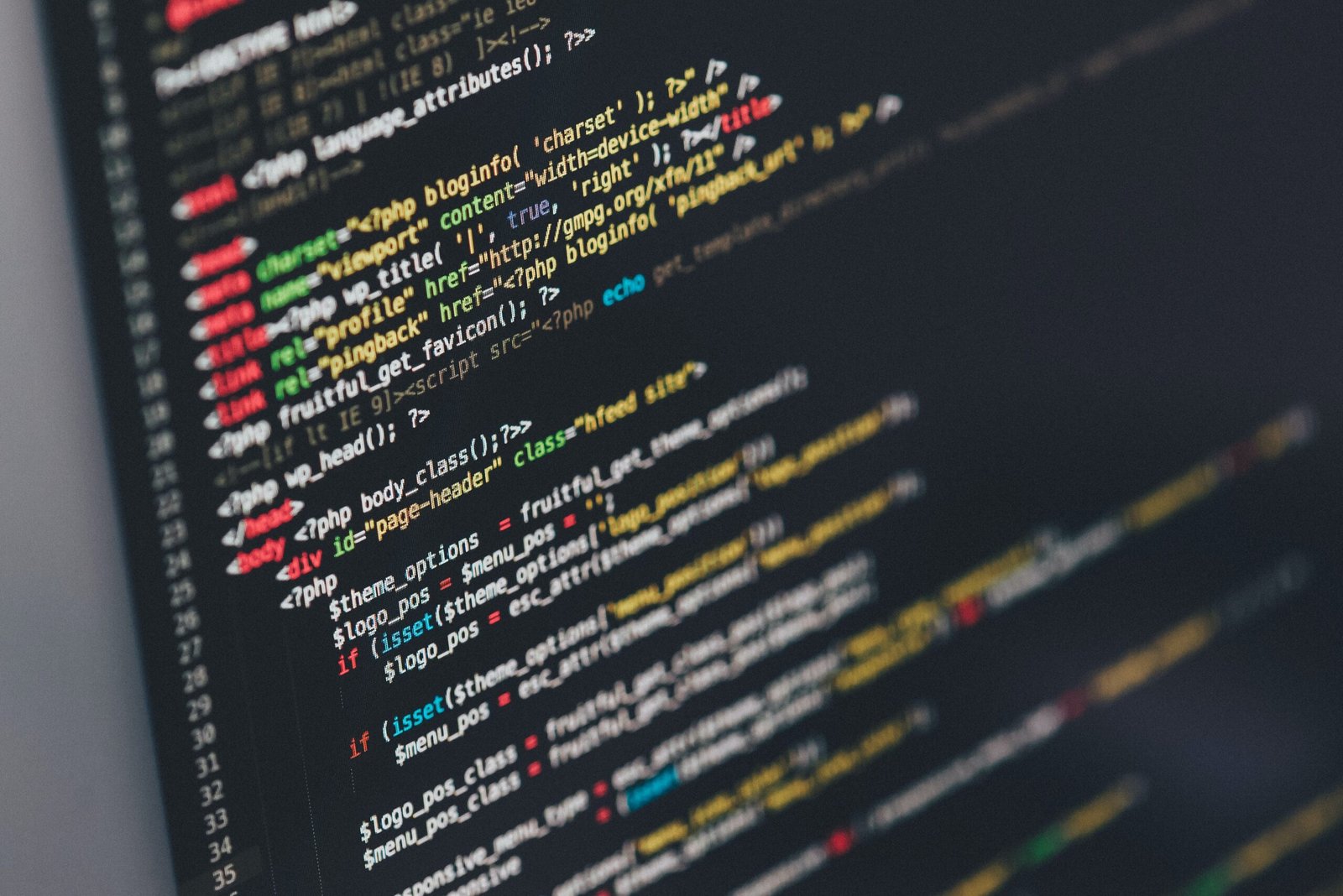Artificial intelligence (AI) has become a ubiquitous term in today’s world, with its impact on problem-solving being widely discussed. Through programming technology, AI enables computer programs to perform tasks and solve problems that typically require human intelligence. This field encompasses machine learning, deep learning, and big data, with a history dating back to a 1965 Dartmouth workshop where the concept of a thinking computer was first introduced. Despite periods of development and abandonment, AI has now evolved into a technology that is being integrated into our daily lives, promising advancements across various industries. As we delve further into the realm of AI, its ability to revolutionize problem-solving and bring about transformative changes becomes increasingly apparent.

Definition of Artificial Intelligence
Artificial intelligence (AI) is the programming of technology to problem solve, enabling machines to mimic human cognitive abilities and perform tasks that traditionally require human intelligence. AI is often discussed in relation to machine learning, deep learning, and big data, as these fields utilize algorithms and data to train computers to recognize patterns, make predictions, and make informed decisions. AI represents the convergence of various technologies and is at the forefront of technological innovation.
Origins of Artificial Intelligence
The concept of AI can be traced back to a 1956 Dartmouth workshop where scientists and mathematicians convened to discuss the possibility of creating a thinking computer. This workshop marked the birth of AI as a field of study and research. However, the progress of AI has not been a straight path, and there have been periods of both development and abandonment. Despite the challenges, AI has continued to evolve and has become an integral part of many industries.
Differences between AI and Human Intelligence
While AI aims to replicate human intelligence, there are notable differences between AI and human cognitive abilities. One key difference lies in the algorithms and programming used. AI algorithms are designed to analyze data and make decisions based on patterns and statistics, while human intelligence relies on a combination of experience, intuition, and reasoning. Additionally, AI has the ability to process and analyze vast amounts of data at a speed that surpasses human capabilities.
Impact of AI on Problem-Solving
AI has had a significant impact on problem-solving by increasing efficiency and accuracy. AI systems can quickly process and analyze large amounts of data, leading to faster and more accurate insights. Furthermore, AI has enabled the automation of repetitive tasks, freeing up human resources to focus on more complex and creative problem-solving. The ability of AI to process and analyze big data has also revolutionized industries such as healthcare, finance, manufacturing, and transportation.

Applications of AI in Various Industries
The applications of AI span across various industries, revolutionizing the way tasks are performed and problems are solved. In healthcare, AI can assist in medical diagnosis, drug discovery, and patient monitoring. In finance, AI algorithms are used for fraud detection, risk assessment, and algorithmic trading. Manufacturing companies harness AI for process optimization, predictive maintenance, and quality control. In transportation, AI is utilized for autonomous vehicles, route optimization, and traffic management systems.
Challenges and Ethical Considerations
While AI brings numerous benefits, it also poses challenges and ethical considerations. One major concern is the potential unemployment caused by job automation. As AI systems become more capable, there is a risk of human workers being replaced by machines. Another concern is the issue of data privacy and security. AI relies on vast amounts of data to learn and make decisions, raising concerns about the protection of personal information. Additionally, there is a need to address bias and fairness in AI algorithms, as they can reflect and perpetuate societal biases.

AI in Everyday Life
AI technology has become an integral part of everyday life. Virtual assistants, such as Siri and Alexa, utilize AI to understand and respond to human voice commands. Smart home devices, including thermostats, security systems, and lighting systems, use AI to learn and adapt to residents’ preferences. Recommendation systems, commonly encountered on e-commerce platforms and streaming services, leverage AI to personalize content and suggest relevant products or entertainment options.
Future Development and Potential
The future of AI holds immense potential for further advancements. Machine learning, a subset of AI, continues to evolve, enabling computers to learn from new data and improve their performance over time. Integration with the Internet of Things (IoT) is another area of development, as AI can enhance the functionality of IoT devices by enabling them to make intelligent decisions based on collected data. Natural language processing, the ability of machines to understand and respond to human language, is also advancing, paving the way for more sophisticated human-computer interactions.
Collaboration between AI and Human Intelligence
Rather than replacing human intelligence, AI has the potential to augment and enhance human capabilities. Augmented intelligence refers to the collaboration between humans and AI systems, leveraging the strengths of both parties to solve complex problems. Cooperative problem-solving, where humans and AI work together to achieve a common goal, can lead to more innovative and effective solutions. Enhanced decision-making is another area where AI can support human intelligence by providing data-driven insights and recommendations.
Conclusion
Artificial intelligence has revolutionized problem-solving by programming technology to mimic human cognitive abilities. From its origins in the Dartmouth workshop to its integration into various industries, AI has come a long way. While there are differences between AI and human intelligence, AI’s impact on problem-solving cannot be understated. With increased efficiency, automation of tasks, and the ability to process large amounts of data, AI has the potential to bring about significant advancements. However, challenges such as unemployment, data privacy, and bias must be addressed for responsible AI implementation. The future of AI holds tremendous potential for further advancements, collaboration between AI and human intelligence, and responsible technological innovation.



